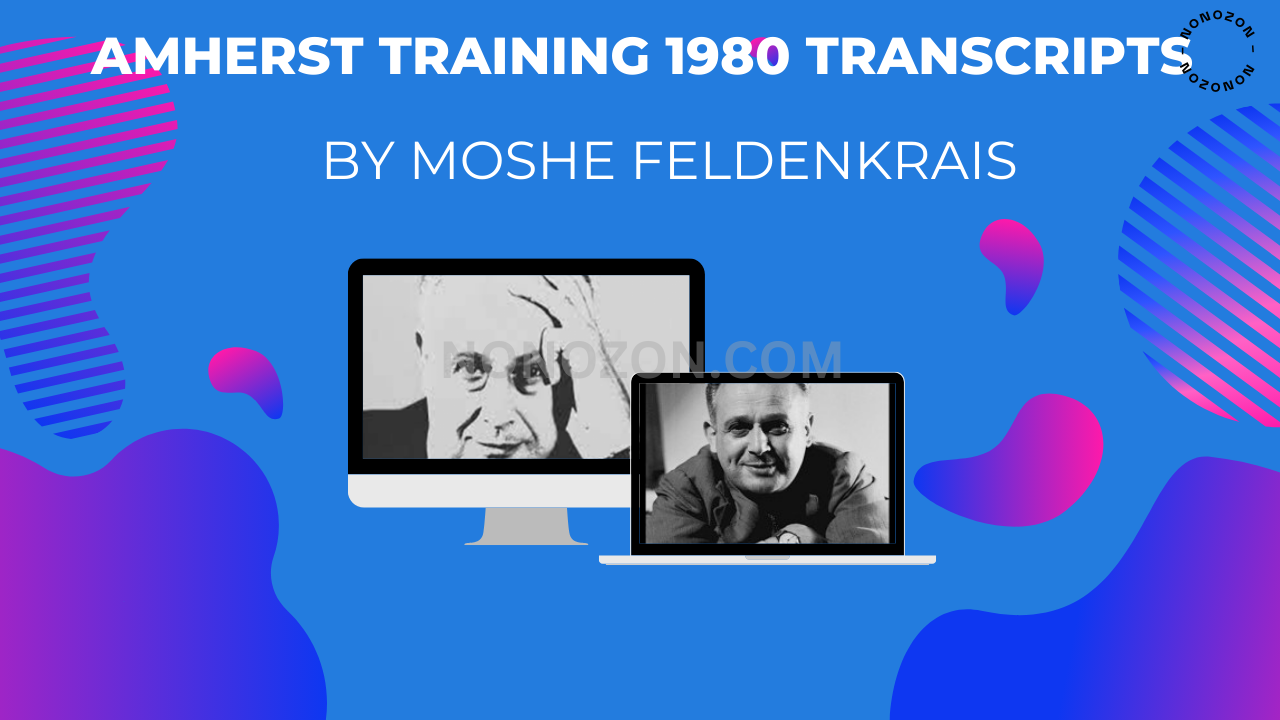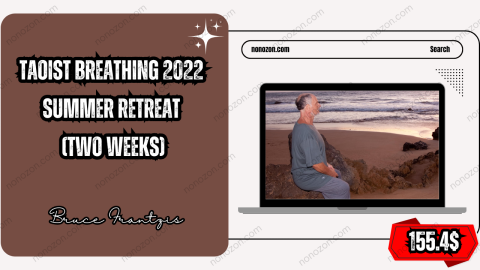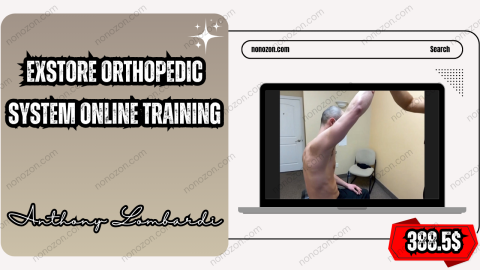Amherst Training 1980 Transcripts
by Moshe Feldenkrais
Get Amherst Training 1980 Transcripts by Moshe Feldenkrais Digital Download!
You can check proof of content here

Amherst Training 1980 Transcripts by Moshe Feldenkrais
Overview

Comprehensive Reflection on the Amherst Training 1980 Transcripts by Moshe Feldenkrais
In the field of somatic education and therapeutic movement, the Amherst Training 1980 transcripts by Dr. Moshe Feldenkrais offer a deeply influential record of his final professional training. Held in Amherst, Massachusetts, these transcripts are not just a compilation of teaching sessions but a detailed portrayal of Feldenkrais’s evolving insights and methodology. They emphasize core aspects of his work—a fusion of mindful movement, self-inquiry, and functional awareness—making them essential for learners and professionals alike. These texts serve as both instructional material and a philosophical exploration into human potential through movement awareness.
Exploring the main ideas and structure within the Amherst series reveals their ongoing significance in today’s practices. The material enables practitioners to further explore Feldenkrais’s innovative strategies for movement learning and neuro-muscular reeducation.
Structure and Content of the Amherst Training
The 1980 sessions cover fundamental principles of the Feldenkrais Method, particularly Functional Integration and Awareness Through Movement (ATM). Each lesson presents a mix of direct guidance and thoughtful exploration designed to promote deeper bodily awareness. The progression of content is methodically designed—from essential concepts in the early days to more refined applications later in the program.
In the opening week, students are introduced to the core ideas of movement learning. This foundational phase is particularly rich in techniques that increase sensory awareness and presence. Feldenkrais urged participants to notice subtle internal signals as they moved, promoting a deliberate and mindful relationship with their physical actions. The aim during this period is to help participants break away from unconscious routines and move toward more cohesive, conscious physical functioning.
Key topics introduced during Week 1 include:
A foundational introduction to Feldenkrais’s methodology
Using movement to discover how the body works
Awareness as a method for inner development
This early material forms a crucial base for anyone planning to go further with Feldenkrais’s method, setting the tone for body-based learning.
Insights Developed in Later Weeks
As the training continues, each week presents increasingly specific discussions and techniques. Week Two, for instance, centers on examining movement habits—highlighting how they can be either helpful or limiting. A notable part of this week involves the discussion on “sitting the English way,” where Feldenkrais illustrates how adjusting minor details in posture can unlock better control and perception in everyday movement.
This particular discussion emphasizes neuroplasticity, the brain’s ability to form new pathways in response to new behaviors. According to Feldenkrais, habits—especially physical ones—can be reprogrammed with conscious practice. This reprogramming doesn’t stop at motor patterns; it extends to emotional regulation and cognitive flexibility, highlighting the whole-person impact of his work.
Key discussions in Week 2 include:
The complexity of movement habits—advantages and limitations
Postural mechanics explored in “sitting the English way”
Methods to develop body awareness in routine situations
Feldenkrais’s unique reflections during these sessions support a deep integration of theory with practical experience. His layered approach to movement fosters a richer understanding of physical and emotional interconnections.
Applying the Method in Practice
These transcripts remain highly relevant for movement educators, therapists, and health practitioners aiming to integrate awareness-based strategies into their work. Teaching people to notice and refine how they move can be life-changing in clinical rehabilitation, sports training, and even wellness programs. For example, athletes can use Feldenkrais-based techniques to improve efficiency and prevent overuse injuries through smarter movement patterns.
The materials offer adaptable strategies for both private and group settings, whether practitioners are leading individual therapy sessions or classroom-based learning. Since Feldenkrais emphasized self-driven discovery, the content supports customized exploration, suitable for many professional or personal goals.
Main benefits of integrating Feldenkrais practices:
Optimized movement using less effort
Increased body-mind awareness
Opportunities to rewire unhelpful physical patterns
Unified development across physical and emotional dimensions
Incorporating these principles supports a more collaborative and intentional learning environment, staying true to Feldenkrais’s idea that meaningful change comes from within.
Feldenkrais’s Impact on Movement Learning
Dr. Moshe Feldenkrais made a lasting contribution to the fields of movement science and somatic education. His approach reshaped conventional ideas about physical learning and opened new directions in how people perceive and interact with their bodies. The Amherst Training 1980 transcripts are a testament to this evolution and continue to be a cornerstone for future practitioners who want to study his advanced thinking.
The legacy of his teachings lies in their interdisciplinary relevance, bridging movement with cognitive development and emotional intelligence. His model of learning encourages exploration and internal inquiry, making it highly adaptable to contemporary integrative practices.
Some key themes stressed throughout the training include:
Learning through direct experience
Reflective awareness as a tool for growth
Holistic integration of thought, emotion, and movement
The multilayered content in these sessions explains why this material still holds practical and philosophical value. It invites readers to adopt a new way of thinking about learning—not just as acquiring knowledge but as embodying new possibilities.
Final Thoughts
To conclude, the Amherst Training 1980 transcripts capture the depth of Moshe Feldenkrais’s philosophy on movement, change, and awareness. From techniques that develop sensory clarity to strategies for releasing old movement patterns, the content remains a vital guide for both new learners and experienced facilitators. These transcripts reflect a lifetime of refinement and exploration, showing how understanding the body leads to broader personal transformation.
As somatic education continues to evolve, the enduring insights from this training offer a timeless roadmap. By incorporating these lessons into everyday movement and professional practice, we carry forward Feldenkrais’s vision—awakening our potential through conscious, mindful exploration of how we move.




